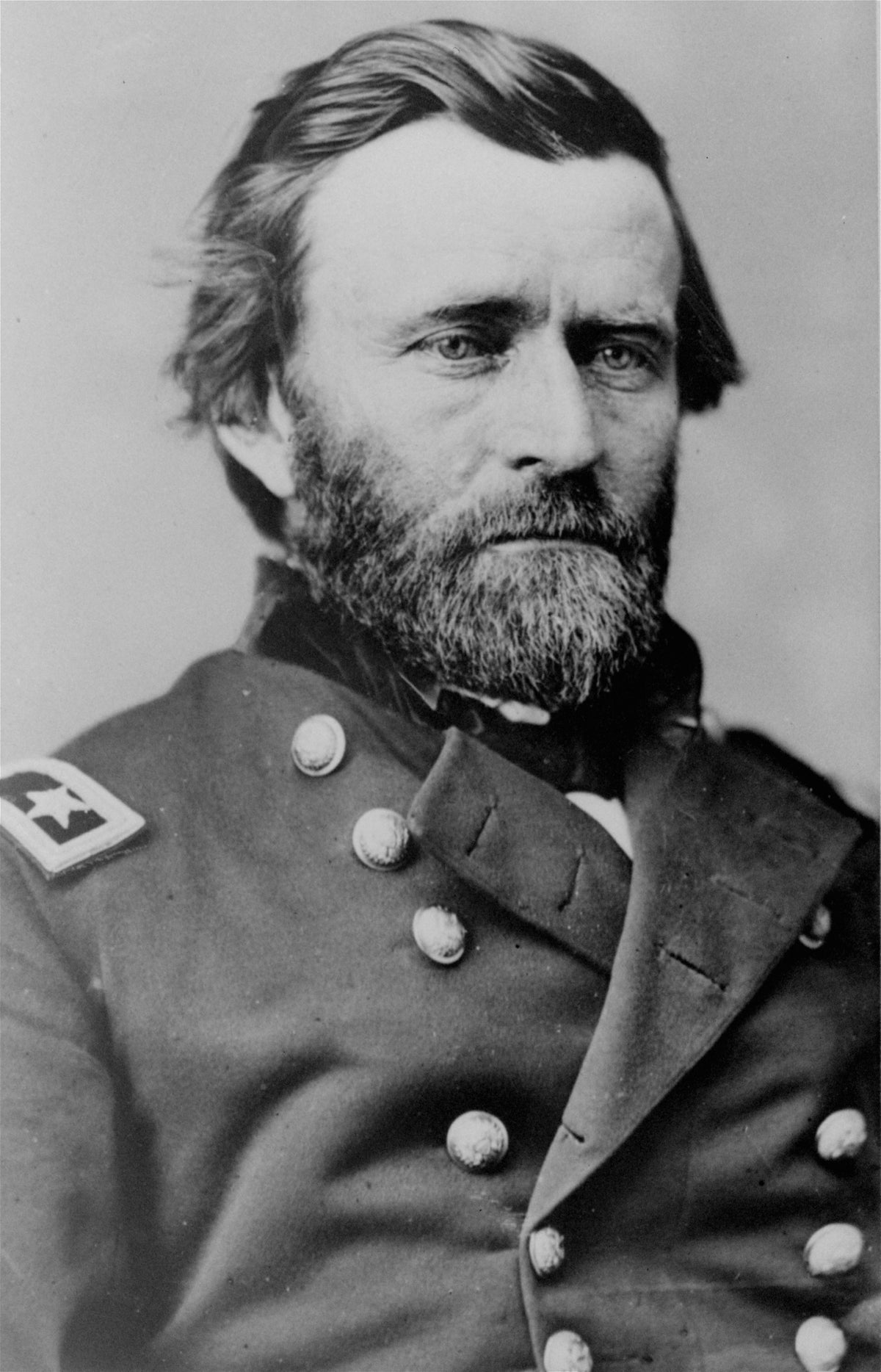
The president responsible for giving America the federal Christmas holiday is getting a special day of his own.
Beginning next year, April 27 will be celebrated as Ulysses S. Grant Day in the iconic Civil War general’s home state of Ohio, after legislation creating the recognition cleared the Legislature Dec. 14 and was signed by Republican Gov. Mike DeWine on Monday.
Grant was born on that date 200 years ago this past spring.
The home-state recognition comes alongside congressional action marking the 200th year of Grant's birth, in 1822, with a posthumous military promotion: to the U.S. Army's highest rank of General of the Armies of the United States.
Authorization for the president to promote Grant — introduced by U.S. Sens. Sherrod Brown, Democrat of Ohio, and Roy Blunt, Republican of Missouri — was contained in an $858 billion defense spending bill that became law in December.
The future leader's boyhood home along the Ohio River in southern Ohio sits in the legislative districts of state Sen. Terry Johnson and state Rep. Adam Bird, both Republicans, who introduced companion day-naming bills.
“Personally, I believe Ulysses S. Grant is one of Ohio’s greatest native sons, and I think history is starting to look much differently at his time as president,” Bird said in an interview.
Indeed, scholars in recent years have been reassessing Grant's complicated legacy of battlefield cruelty and personal slaveholding, with some now arguing for him to be considered America’s first civil rights president. They say he was a flawed leader who did what he could to protect freed slaves during Reconstruction.
Bird said Grant's home territory was “a hotbed of the Underground Railroad” when the future Union general and 18th U.S. president was young. Bird called Grant “a consequential man in a consequential place.”
Johnson said recognizing Grant was long overdue.
“President Grant left a legacy that few in history have ever seen,” he said in a statement on the bill's passage.
That legacy includes the federal Christmas holiday, created in legislation Grant signed as president in 1870. The move was viewed as a gesture to unify the South, where some states had already embraced the tradition, and the North, whose Puritan roots had generally deterred it.
Christmas remains the only federal holiday with a religious association, but efforts to remove it from the list for that reason have been unsuccessful. A federal judge in Ohio rejected a constitutional challenge to the holiday in 1999, noting that people could spend the day off however they wished.







